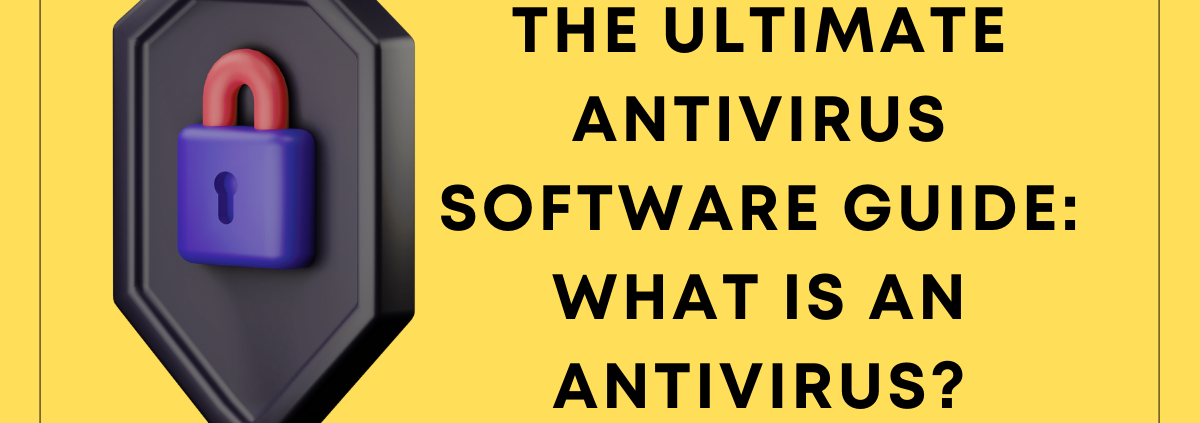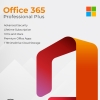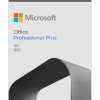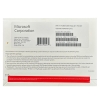A Simple Guide to Using Antivirus Software Effectively
In today’s digital age, where our lives are intertwined with technology, ensuring the security of our devices and personal information has never been more important. Antivirus software plays a vital role in safeguarding our computers and mobile devices from the ever-present threat of malware, viruses, and cyberattacks. In this beginner-friendly guide, we’ll walk you through the steps of using antivirus software effectively to protect your digital world.
Why Antivirus Software Matters
Antivirus software is like a digital shield that guards your devices against harmful software and malicious activities. It scans your files, emails, and online activities in real-time to identify and neutralize potential threats. Using antivirus software is a proactive approach to cybersecurity, preventing infections that could lead to data breaches, identity theft, and system crashes.
Choosing the Right Antivirus Software
- Research: Look for reputable antivirus software brands that are known for their effectiveness in combating various types of malware.
- Compatibility: Ensure the antivirus software is compatible with your operating system and device.
- Features: Consider features like real-time scanning, automatic updates, and firewall protection.
- User-Friendly: Opt for software with an intuitive user interface for ease of use.
Installing Antivirus Software
- Download: Go to the official website of the antivirus software provider and download the installer.
- Installation: Run the installer and follow the on-screen instructions to install the software.
- Activation: Enter the product key or activation code provided by the software.
Using Antivirus Software Effectively
- Regular Scanning: Schedule regular full-system scans to ensure comprehensive malware detection.
- Real-Time Protection: Keep real-time scanning enabled to catch threats as they enter your system.
- Automatic Updates: Allow automatic updates to ensure your antivirus software is equipped with the latest virus definitions.
- Safe Browsing: Use the built-in browser extensions or features that warn you about potentially dangerous websites.
- Email Protection: Enable email scanning to prevent malicious attachments from infecting your system.
- Firewall: Activate your device’s firewall or use the antivirus software’s firewall feature for added protection.
Best Practices for Online Security
- Strong Passwords: Use strong, unique passwords for your accounts to prevent unauthorized access.
- Software Updates: Keep your operating system, browsers, and other software up to date to patch security vulnerabilities.
- Email Caution: Avoid clicking on suspicious email links or downloading attachments from unknown sources.
- Download Wisely: Only download files from trusted sources and avoid pirated software.
- Backup Data: Regularly back up your important files to an external drive or cloud storage.
Conclusion
By following this guide and implementing best practices, you can harness the power of antivirus software to protect your digital life. Remember, staying proactive and informed about cybersecurity trends is essential in today’s ever-evolving online landscape. With the right antivirus software and responsible online behavior, you can enjoy a safer and more secure digital experience.
Stay secure, stay protected!











